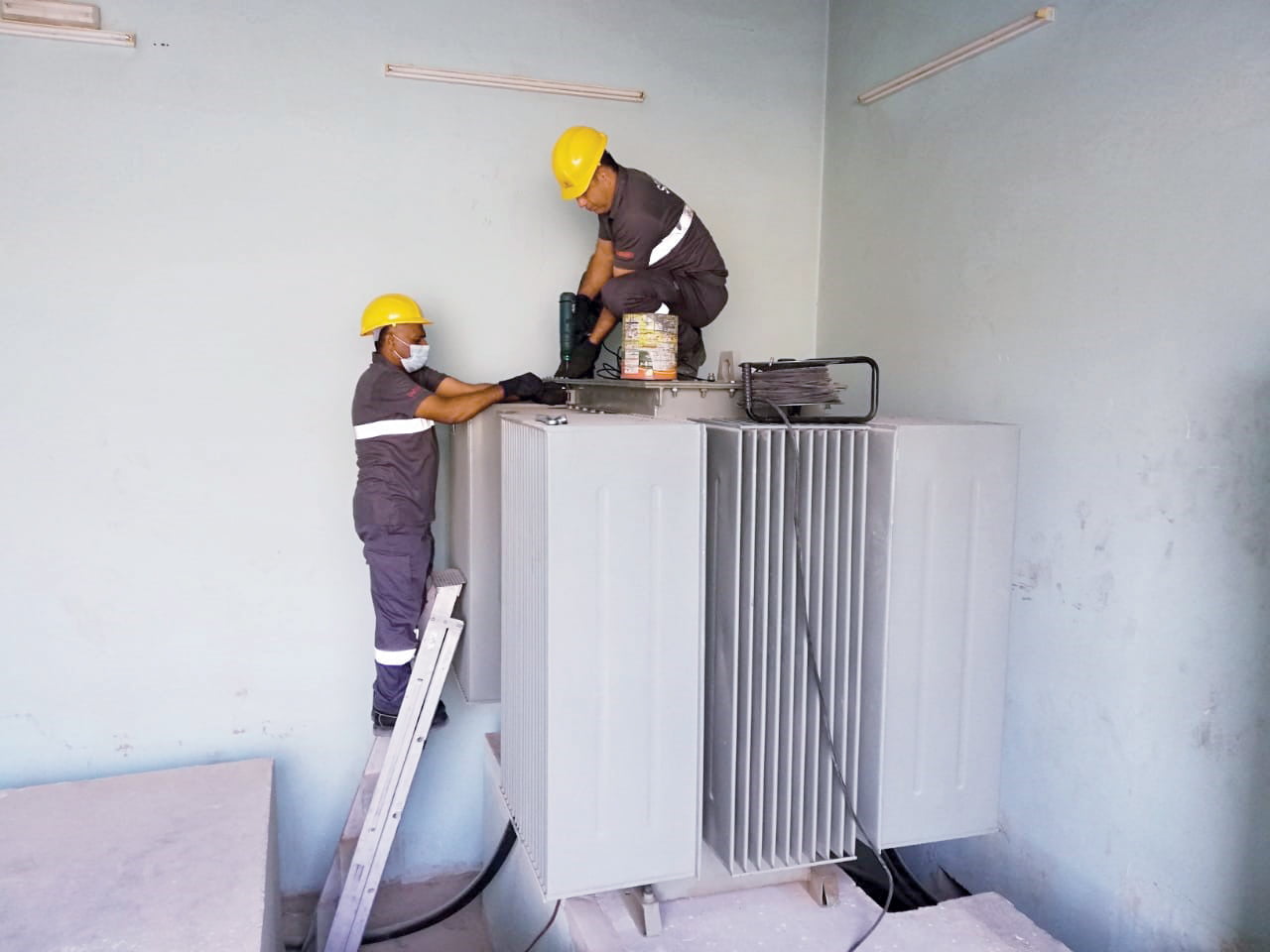Course Overview:
The “Management of Routine and Preventive Maintenance for Infrastructure” course aims to provide essential knowledge and skills for effectively planning and managing the maintenance of infrastructure. The course covers the concepts of preventive and routine maintenance, as well as modern techniques used to ensure the sustainability of essential facilities such as roads, bridges, and water and electricity networks. The goal is to improve performance efficiency, increase the lifespan of these facilities, and reduce costs.
Course Objectives:
- To introduce participants to the concepts of preventive and routine maintenance and their importance.
- To teach how to develop routine maintenance plans for infrastructure using modern techniques.
- To enhance the ability to analyze and assess maintenance needs for infrastructure.
- To train participants in using maintenance management systems and analytical tools to identify problems before they occur.
- To reduce costs associated with unexpected failures and increase facility efficiency.
Training Content:
- Introduction to Maintenance: Definition of routine and preventive maintenance and their significance in infrastructure.
- Methods of Routine and Preventive Maintenance: Different maintenance strategies and how to select the optimal approach for each facility.
- Planning and Implementation: How to develop maintenance plans, identify necessary resources, and schedule tasks effectively.
- Modern Technologies in Maintenance: Using technology for early problem detection (such as sensing systems and predictive analysis).
- Risk Management: How to assess risks associated with infrastructure and develop strategies to mitigate them.
- Preventive Maintenance: Practical applications of preventive maintenance for essential facilities.
- Resource Management: How to manage technical teams and resources to ensure effective maintenance operations.
- Case Studies: Reviewing real-life cases and successful applications of preventive maintenance plans.
Target Audience:
This course is designed for:
- Maintenance managers and engineers supervising infrastructure.
- Urban planners and civil engineers.
- Technicians working in the maintenance of roads, bridges, and essential facilities.
- Civil, electrical, and mechanical engineers.
- Project managers and operations management professionals.
- Students in civil engineering, architecture, and mechanical engineering.






